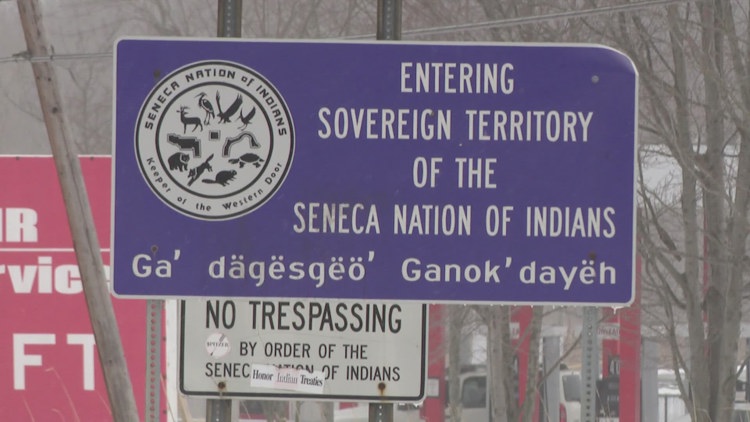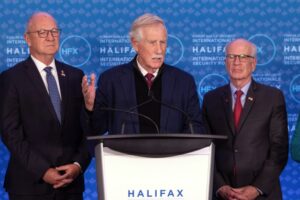
A federal judge has ruled in favor of the Seneca Nation in its long-standing legal battle with New York State regarding the construction of the Thruway on tribal land. The ruling determined that New York State lacked the authority to build a section of the Thruway on the Nation’s Cattaraugus Territory, as the state took the land in 1954 without the necessary federal approval. The judge’s decision called for the invalidation of the state’s easement and urged the state to engage in negotiations with the Seneca Nation.
Background of the Dispute
The legal conflict centers around approximately 300 acres within the Cattaraugus Territory, an area that has been a point of contention for decades. The Seneca Nation has consistently maintained that the state’s actions violated their treaty rights and federal law. In a statement following the ruling, J.C. Seneca, President of the Seneca Nation, highlighted the detrimental impact of the Thruway on the Nation’s land and resources.
“With each day that passes and each vehicle that travels the Thruway through Seneca Territory, the State benefits from the illegal use of our land,” Seneca stated. He emphasized the ongoing struggle for justice, asserting, “We will not stop pursuing a path to justice and a fair, equitable and legal solution that finally addresses this situation we have been forced to live with for the last 70 years.”
Next Steps in Negotiations
As part of the ruling, Judge Roemer recommended that New York State enter into negotiations with the Seneca Nation to rectify the situation. This recommendation underscores the urgency for state officials to engage with the Nation in meaningful discussions regarding the longstanding issues surrounding their treaty rights.
Seneca expressed hope that the District Court will accept the judge’s recommendation, signaling a potential shift in the relationship between the state and the Seneca Nation. He stated, “It is beyond time for State officials to engage the Seneca Nation in meaningful negotiations to account for the State’s violation of our treaty rights, its ongoing violation of federal law, and its illegal use of our land.”
The legal victory presents an opportunity for both parties to work towards a resolution that acknowledges the Seneca Nation’s rights and the historical context of the land dispute. Further negotiations are expected to determine the next course of action, potentially reshaping the future of the Thruway’s presence on tribal land.







